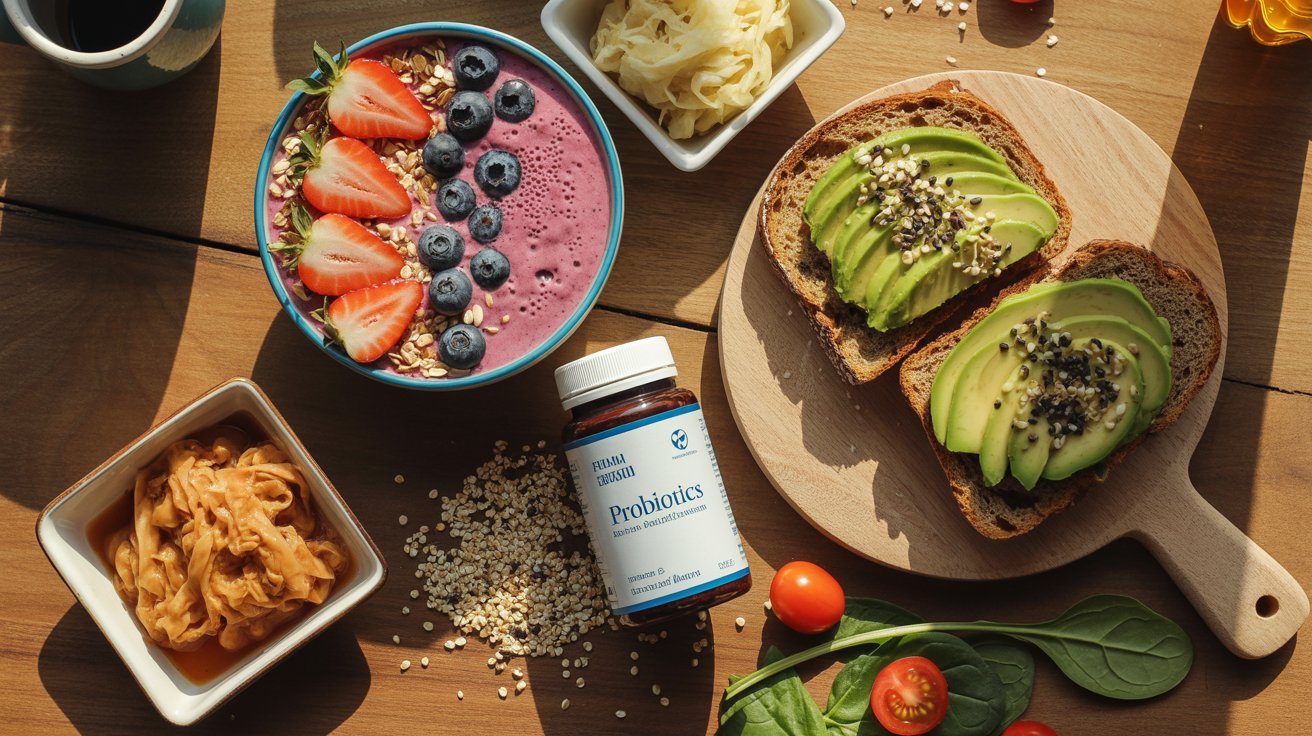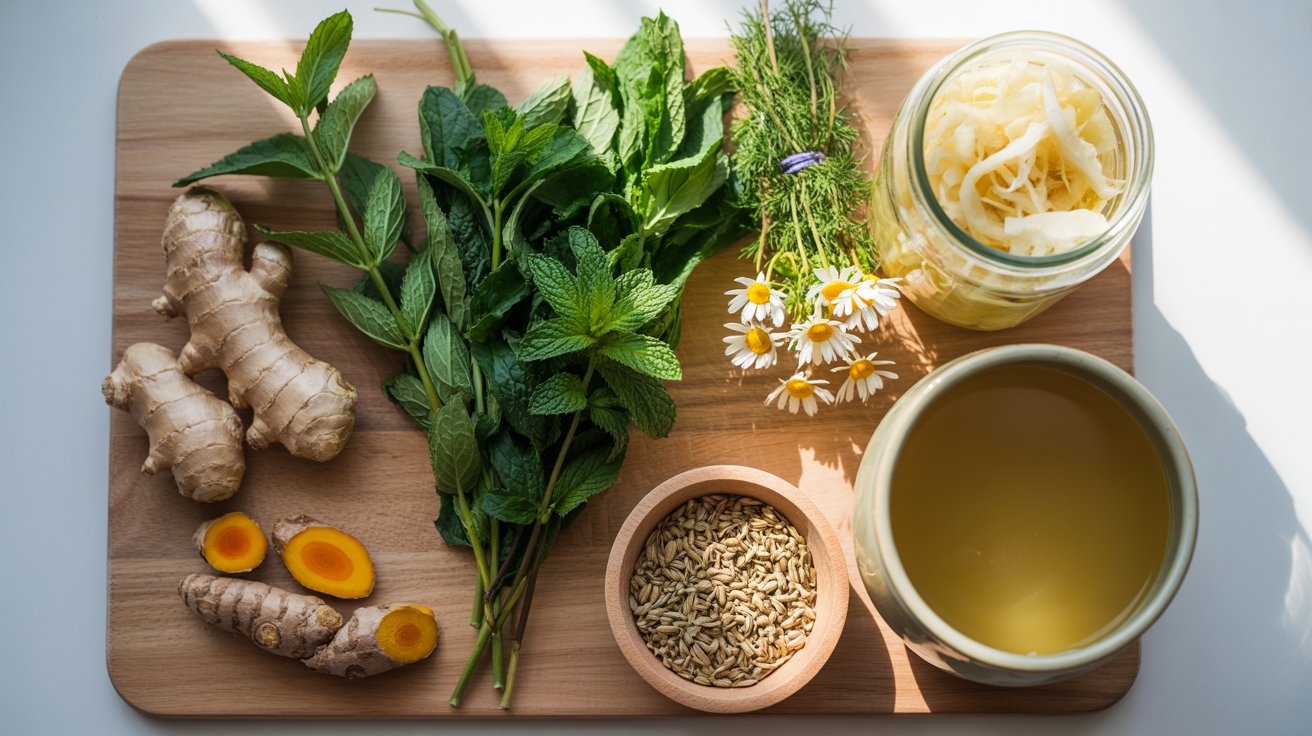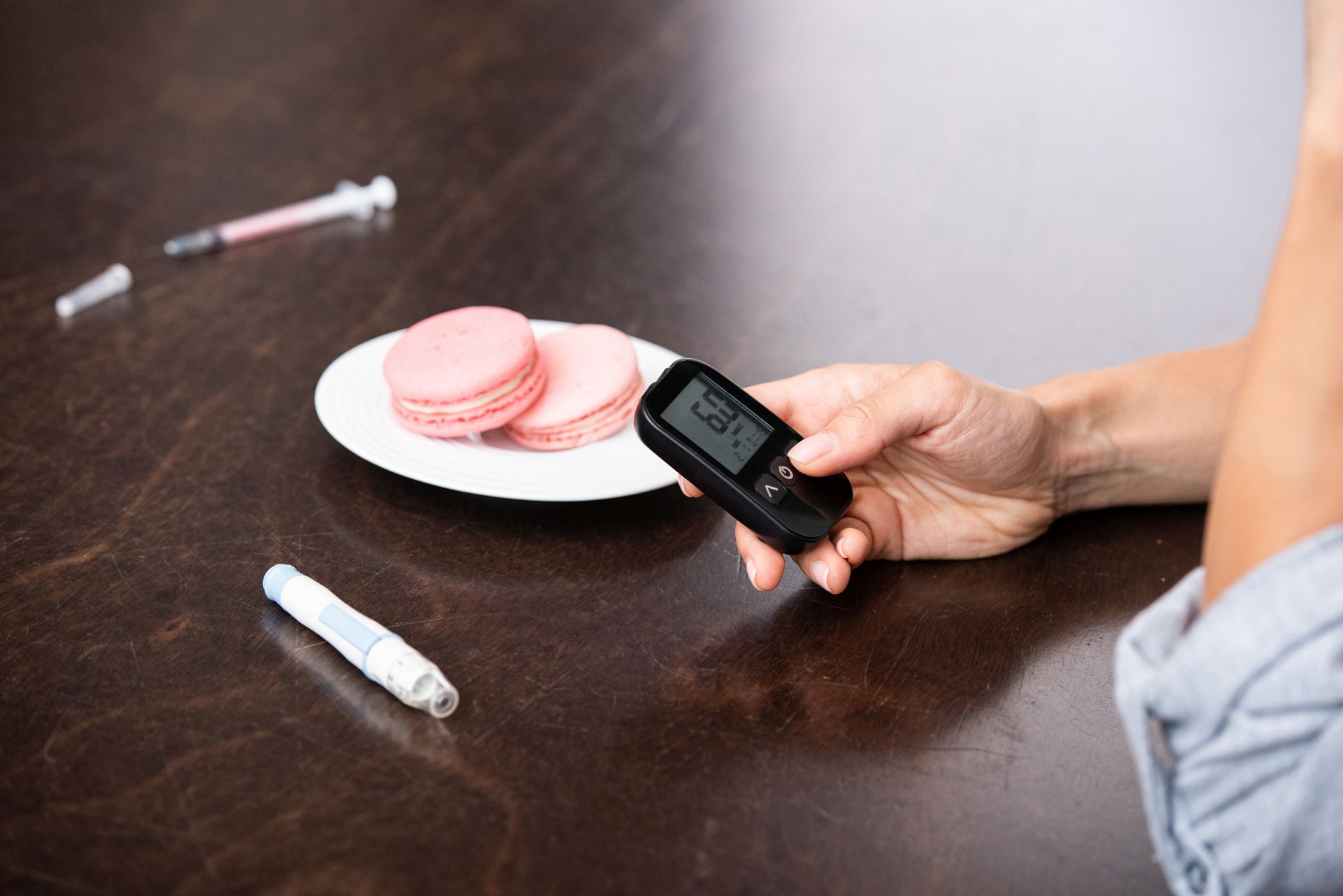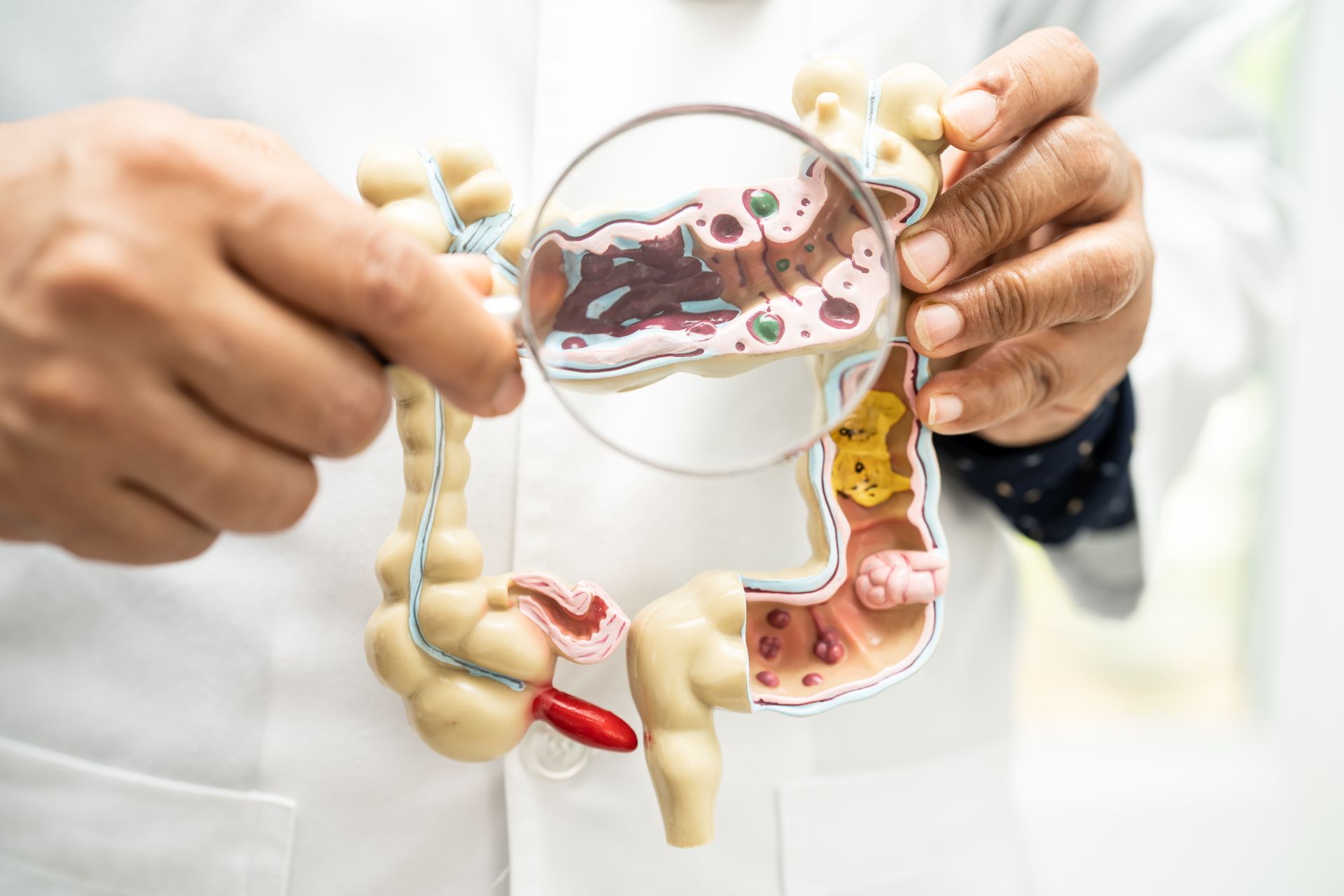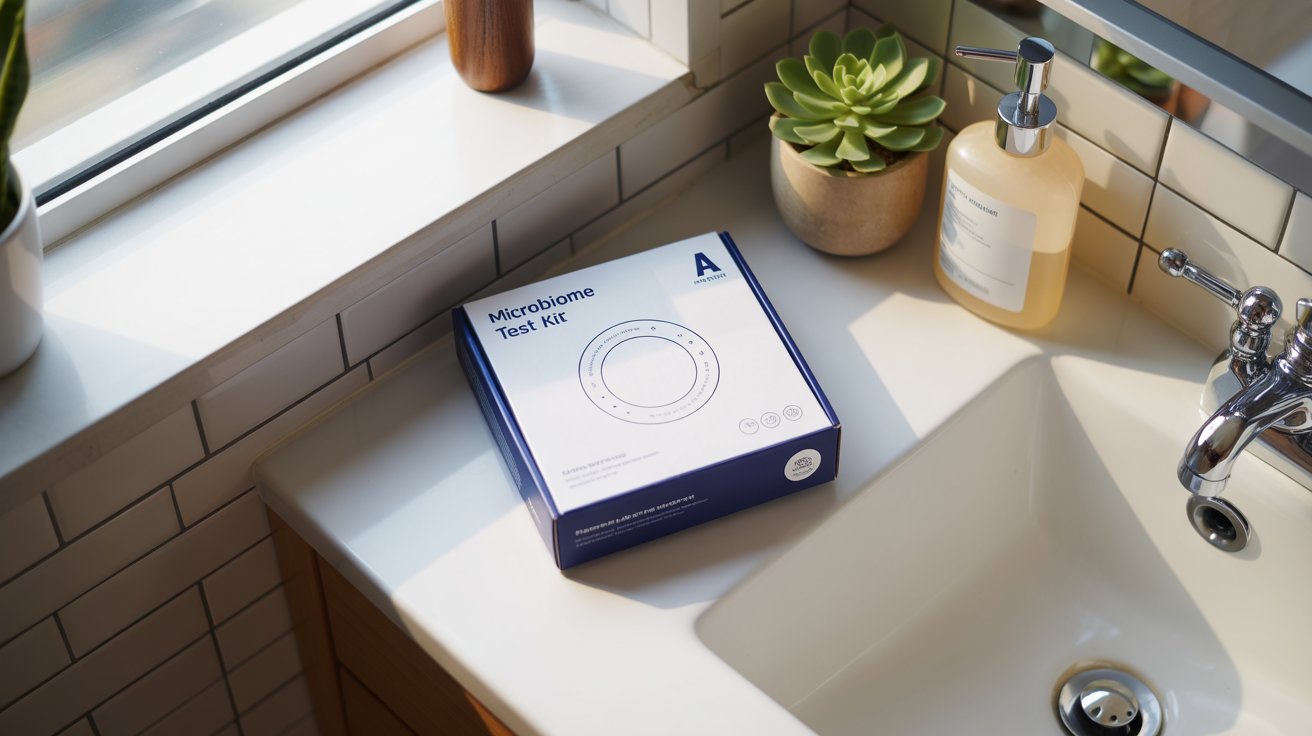Let’s talk about something that might change how you think about your next drink. The connection between alcohol and gut health runs deeper than most people realize, and the latest research reveals some pretty significant implications for your overall wellbeing.
Your gut isn’t just about digestion, it’s also the command central for immunity, mood, and inflammation control. So when alcohol starts messing with this delicate ecosystem, the effects ripple throughout your entire body.
Ready to understand what’s really happening when you drink? Let’s break down the science.
Why Your Gut Microbiome Matters More Than You Think

Your gut houses trillions of bacteria that essentially run the show for your health. The gut microbiome works to metabolize the different components of alcoholic drinks. In doing so, it creates products, called metabolites, that are used to signal between the gut microbiome, liver and blood.
Think of your gut bacteria as tiny workers managing everything from immune responses to neurotransmitter production. When alcohol enters the picture, it doesn’t just affect your liver – it completely disrupts this bacterial workforce.
The numbers tell the story: alcohol consumption affects millions globally, and emerging research shows the gut microbiome plays a crucial role in determining who develops alcohol-related health problems and who doesn’t.
How Alcohol Rewrites Your Bacterial Story

The Microbiota Composition Shift
Here’s what happens when alcohol becomes a regular part of your routine: alcohol can change the composition, or balance, of the gut microbiome. This can cause the gut microbiome to go from a state of homeostasis where everything is happy and calm into a state of dysbiosis where things start to go out of whack.
Studies demonstrate alterations in the dominant bacterial taxa from the phyla Bacteroidetes and Firmicutes and, in several studies, an increase in bacteria from the phylum Proteobacteria. Translation? The good bacteria get pushed out while inflammatory troublemakers move in.
The Metabolite Problem
Some of the metabolites that are created when your body breaks down alcohol can be toxic. Alcohol metabolism by Gram negative bacteria and intestinal epithelial cells can result in accumulation of acetaldehyde, which in turn can increase intestinal permeability to endotoxin by increasing tyrosine phosphorylation of tight junction and adherens junction proteins.
Your gut bacteria are essentially creating toxic compounds that damage your intestinal barrier from the inside. It’s like having saboteurs in your own system.
The Inflammation Connection
Recent alcohol intake was not significantly associated with microbial taxa abundance. However, habitual alcohol intake, both total amount and types of alcoholic beverages, showed significant associations with several microbial taxa abundance, primarily in males.
The key insight? It’s not the weekend binge that causes the most damage but the consistent, regular consumption that quietly reshapes your gut ecosystem over time.
The “Leaky Gut” Reality

How Alcohol Breaks Down Your Intestinal Barrier
There is a protective mucus layer on the intestinal lining of our gut. When our gut microbiome starts to get out of balance, it begins to eat at the protective layers between the gut, the rest of our body and our circulating blood. This causes a change in gut integrity, or a leaky gut.
The mechanism is more complex than you might think. Alcohol induces a change in the expression of the tight junction-associated proteins, ZO-1 and claudin-1, which are two major sites of alcohol action, thus increasing intestinal epithelial barrier permeability.
The Dual Attack Strategy
Alcohol damages your gut barrier in two ways:
Transepithelial damage: Alcohol causes cell death, which leads to changes in the intestine that include mucosal ulcerations, erosions, and loss of epithelium mainly at the villi tips
Paracellular disruption: Alcohol-induced generation of nitric oxide may also contribute to increased permeability to endotoxin by reacting with tubulin, which may cause damage to microtubule cytoskeleton
The Permeability Timeline
Here’s what the research shows about recovery: Patients abstaining from alcohol for less than 4 days almost invariably had higher intestinal permeability than controls, and in many, the abnormality persisted for up to 2 weeks after cessation of drinking.
Your gut barrier doesn’t heal overnight. It takes consistent effort and time.
When Your Gut Goes Rogue: The Systemic Effects

The Gut-Liver Highway
Seventy percent of the liver’s blood supply comes from the portal vein making the liver continuously exposed to intestine-derived nutrients as well as intestinal bacteria and bacterial components.
When your gut becomes leaky, bacteria and the toxins they create leave the gut and infiltrate other organs through the bloodstream. Your liver becomes ground zero for this toxic assault.
Both Kupffer cells and macrophages within the liver respond to LPS via a myriad of mechanisms including activation of the TLR4 eliciting the production of reactive oxygen species (ROS), leukotrienes, chemokines, as well as cytokines. The production of these factors results in tissue inflammation and contributes to alcohol-induced organ pathology.
The Brain Connection
The gut-brain axis reveals another layer of complexity. The gut–brain axis describes the complex, bidirectional communication network between the central nervous system and the gastrointestinal tract with its trillions of microbial inhabitants.
This connection helps explain why gut health problems often coincide with mood disorders, anxiety, and cognitive issues.
Beyond the GI Tract
If you have a leaky gut, toxins from metabolizing alcohol can get into the bloodstream and cause things to go awry beyond the gut microbiome, usually starting with the liver. However, these toxins can also increase cancer risk outside the gastrointestinal system.
The Short-Chain Fatty Acid Depletion
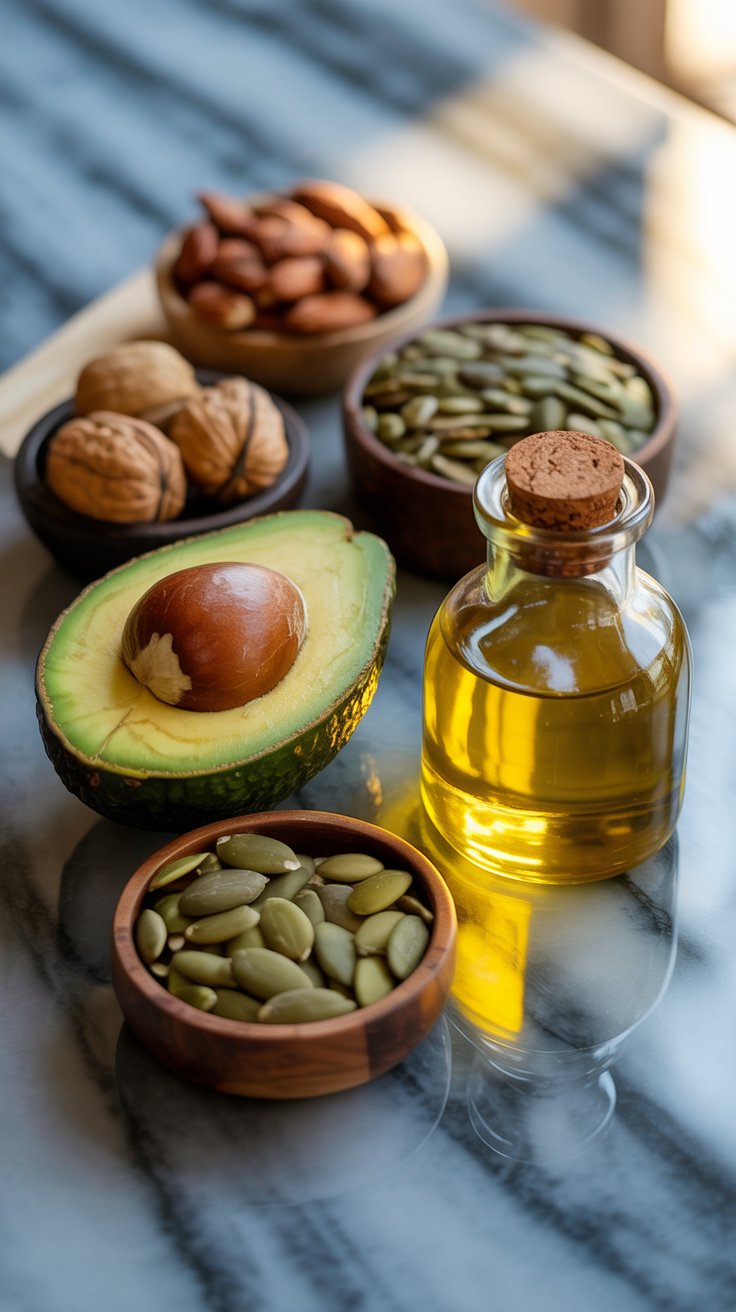
Here’s a crucial piece many people miss: Muribaculum intestinale, Ruminococcus, Faecalibacterium prausnitzii, and Akkermansia and Clostridium genera can produce short-chain fatty acids (SCFAs) that can be involved in processes of gut function, immunity, and inflammation.
Faecalibacterium prausnitzii performs anti-inflammatory by inhibiting NF-γB activation and IL-8 production. Akkermansia muciniphila prevents alcohol-induced hepatic injury, steatosis, neutrophil infiltration, and leaky gut.
When alcohol kills off these beneficial bacteria, you lose these crucial compounds that maintain intestinal barrier integrity, regulate immune function, and control inflammation.
What the Clinical Evidence Shows

Human Studies vs. Animal Research
Studies in humans demonstrate that a subset of people with alcohol use disorder (AUD) in fact have increased intestinal permeability, and those people with AUD and with increased permeability are more likely to have liver disease, indicating that intestinal permeability may be a mediator of organ damage in some people with AUD.
Individual Variation Factors
The observation that some, but not all, AD subjects develop gut leakiness indicates that chronic alcohol dependence is necessary but not sufficient to cause gut dysfunction.
This explains why alcohol affects people differently. Genetics, existing gut health, lifestyle factors, and gender all play roles in determining your individual susceptibility.
Moderate vs. Heavy Consumption
The research reveals something important about consumption patterns: it’s not just heavy drinkers who experience gut disruption. Consistent moderate consumption can also alter your microbiome composition over time.
Your Recovery and Protection Strategy
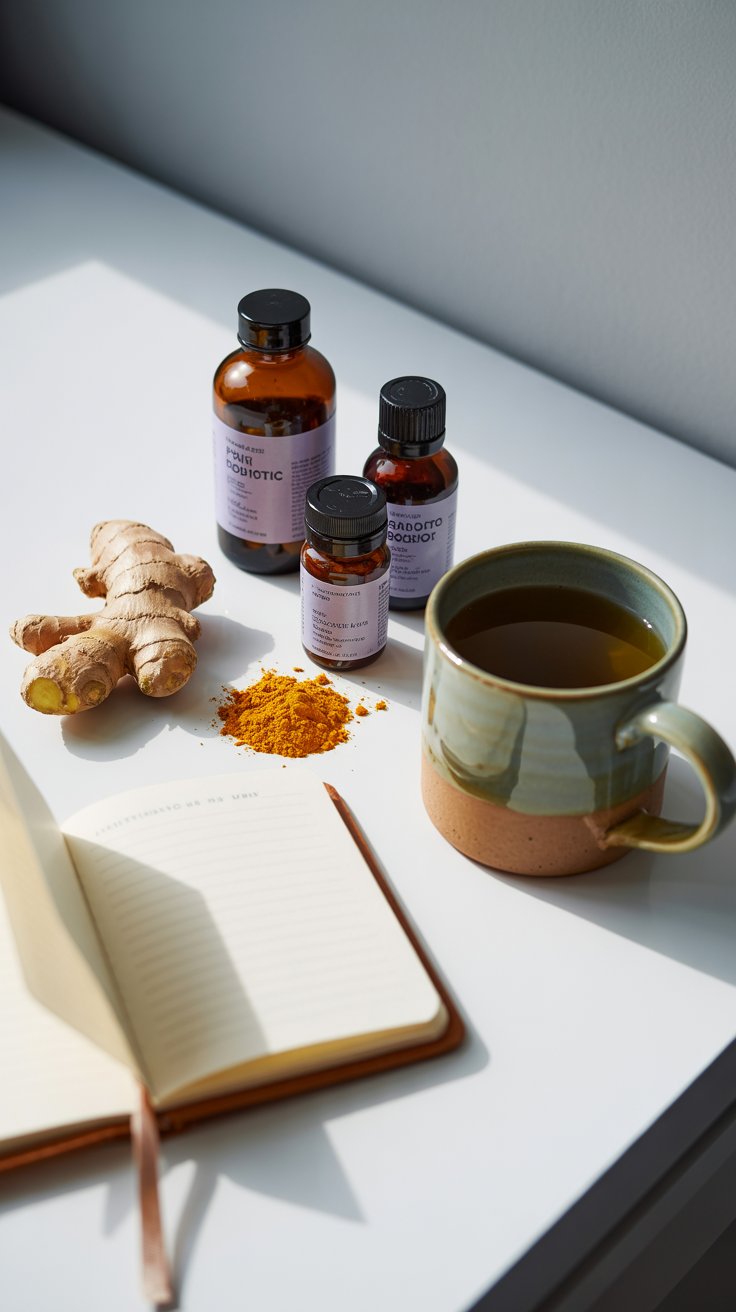
Probiotic and Prebiotic Support
The principle behind antibiotics, prebiotics, probiotics and fecal microbiota transplants is to restore microbial symbiosis and subsequently gut barrier function.
Focus on:
- High-quality probiotics with alcohol-depleted strains
- Prebiotic fibers to feed beneficial bacteria
- Fermented foods for diverse bacterial support
Targeted Nutrition
Nutrient-based treatments, such as dietary supplementation with zinc, niacin or fatty acids, have been shown to regulate tight junction expression, reduce intestinal inflammation, and prevent endotoxemia as well as liver injury caused by alcohol in experimental settings.
Key nutrients for gut barrier repair:
- Zinc: Essential for tight junction integrity
- Omega-3 fatty acids: Powerful anti-inflammatory support
- L-glutamine: Fuel for intestinal cells
- Vitamin D: Immune system modulation
Promising Therapeutic Approaches
The research pipeline shows exciting developments: Two studies using fecal microbiota transplantation (FMT) in patients with alcohol use disorder and cirrhosis also demonstrated improvements in alcohol craving.
This suggests that restoring gut health might actually help reduce alcohol cravings, which is a fascinating connection that’s still being explored.
Understanding the Effects of Alcohol and Gut Health

Here’s the reality: For cancer prevention, it’s best not to drink alcohol. If you choose to drink, be aware of the risks, aim to drink less often and have fewer drinks when you do drink.
Understanding these mechanisms isn’t about fear-mongering but about making informed decisions. Your gut health affects every system in your body, from immunity to mood to inflammation control.
Key takeaways for protecting your gut:
- Limit alcohol frequency and quantity
- Support your microbiome with targeted nutrition
- Focus on gut barrier repair if you’re a regular drinker
- Consider professional guidance for recovery strategies
The recovery reality: Higher levels of Firmicutes were observed in alcohol-drinking animals at the expense of a number of other microbial taxa, again normalizing in part with a period of abstinence.
Your gut can heal, but it requires consistent support and time.
Looking Forward: Research and Hope
The field is evolving rapidly, with researchers exploring gut-targeted therapies for alcohol-related disorders. Future studies will need to determine the biological, functional, and clinical significance of the dysbiotic intestinal microbiota composition in alcohol-related disorders.
The encouraging news: Understanding these connections opens new pathways for both prevention and treatment.
Your gut health is foundational to your overall wellbeing. Whether you’re looking to optimize your current health or recover from alcohol-related damage, supporting your microbiome should be a top priority.
The research is clear. The connection between alcohol and gut health is profound, complex, and deeply personal. Use this knowledge to make choices that align with your health goals.
Ready to take control of your gut health? Start with small, consistent changes. Your microbiome and your overall health will thank you for the investment.

